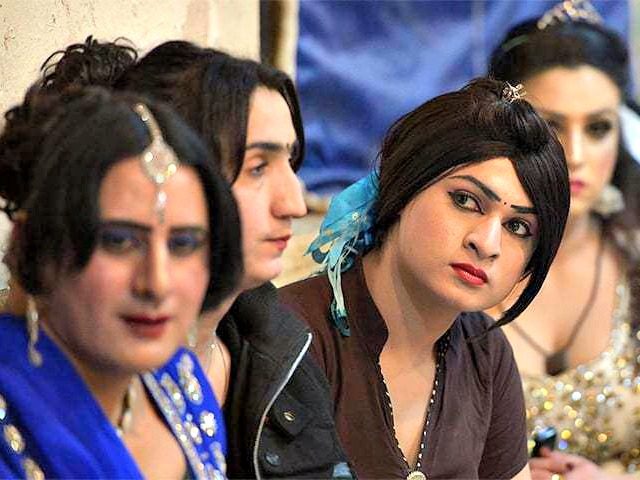A court in India ruled on Monday that the term “Hindu bride” must also include transgender women, thus directing authorities to register a marriage solemnized between a man and a transgender woman.
Justice G R Swaminathan of the Madras high court, the capital of Tamil Nadu State, issued a ruling on Monday that the term “bride” as defined by the Hindu Marriage Act must also include transgender women, who are biologically male. The case was brought by a man and his transgender partner after registration authorities refused to certify their marriage, citing Section 5 of the Hindu Marriage Act 1956 that states that a transgender woman cannot be considered a bride.
Swaminathan chose to discard the ruling by referring to cases such as the recent decriminalization of homosexuality while observing that equal rights are afforded to transgenders under the Indian Constitution.
“After making an exhaustive reference to the human rights jurisprudence worldwide in this regard, the Hon’ble Supreme Court held that Article 14 of the Constitution of India which affirms that the State shall not deny to ‘any person’ equality before the law or the equal protection of the laws within the territory of India would apply to transgenders also,” he said in his ruling.
“Transgender persons fall within the expression ‘person’ and hence entitled to legal protection of laws in all spheres of State activity as enjoyed by any other citizen of this country,” he continued.
Swaminathan observed that “gender identity falls within the domain of her personal autonomy and involves her right to privacy and dignity,” arguing that it was “not for State authorities to question this self-determination of the second petitioner herein.”
“When the right of the transgender persons to marry has been upheld by the Hon’ble Supreme Court, in the very nature of things, they cannot be kept out of the purview of the Hindu Marriage Act,” he added. “One can have a civil marriage. One can also have a sacramental marriage. The petitioners’ marriage was solemnized in a temple. Therefore, their fundamental right under Article 25 has also been infringed in this case.”
Swaminathan also took steps to outlaw gender reassignment surgeries on children who identify as “intersex,” saying that they required more time and maturity to make such a decision. However, he said the government must launch campaigns aimed at increasing “awareness” of the issue so that parents and children did not feel a sense of shame.
“Parents must be encouraged to feel that the birth of an inter-sex child is not a matter of embarrassment or shame,” the court ruled. Any intersex child is entitled to stay within the folds of the family,” he observed. “The running away to the margins and beyond is a fatal journey that must be arrested. Time has come when they are brought back from the margins to the mainstream.”
Despite being known for its ultra-conservative society, India has taken steps to implement various LGBT rights over recent years. Last year, the Supreme Court overturned a ruling criminalizing homosexuality, while sexual reassignment surgery remains legal and readily accessible.
Follow Ben Kew on Facebook, Twitter at @ben_kew, or email him at bkew@breitbart.com.

COMMENTS
Please let us know if you're having issues with commenting.